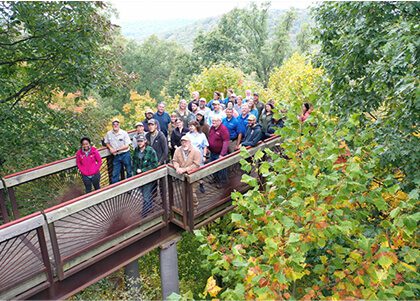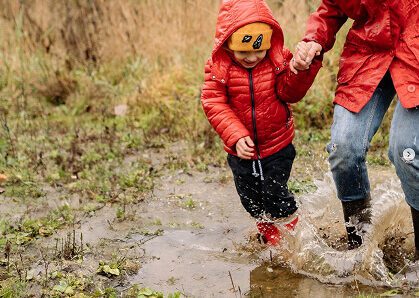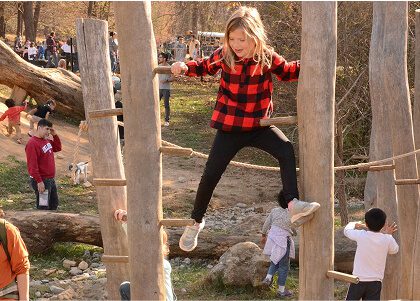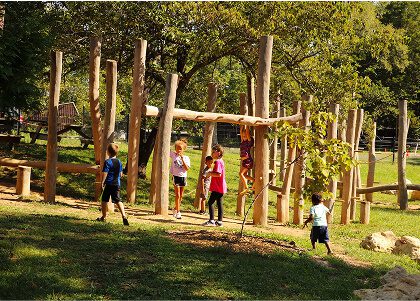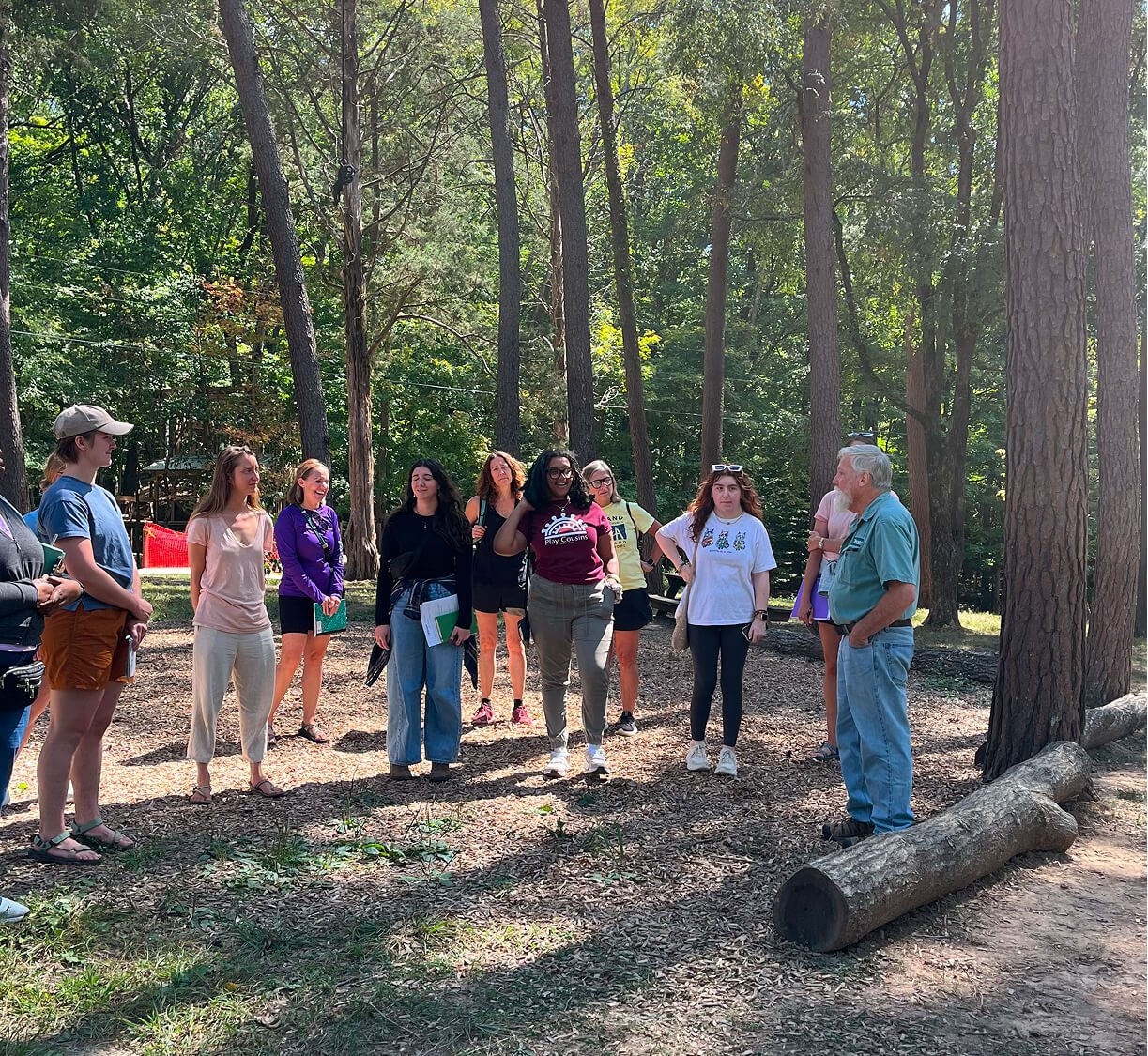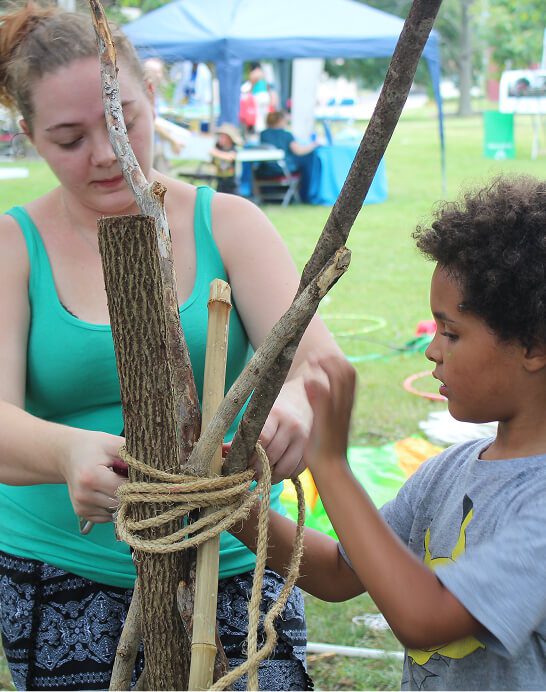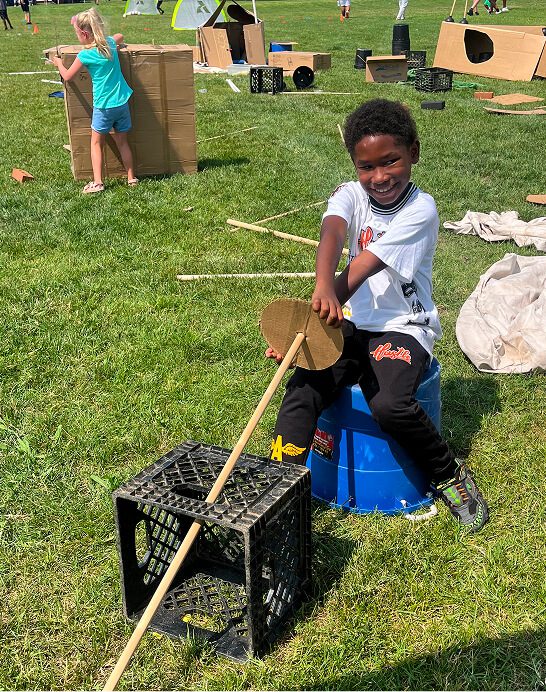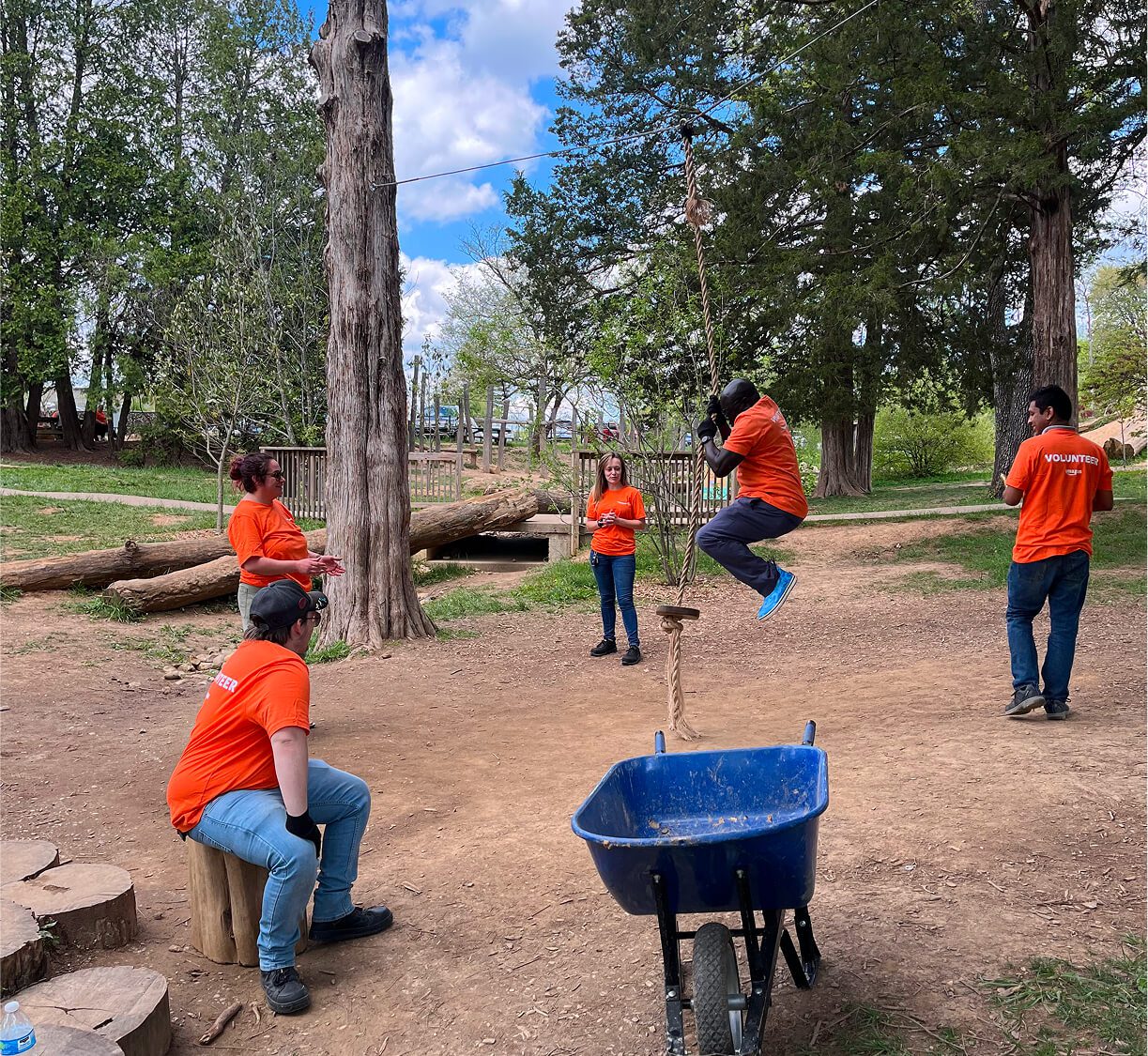Free Play Days
Children need outside spaces to play–and adults who will facilitate this and let them play freely.
CAPN helps create play experiences where children have agency and choice over the direction and content of their play. When engaging in free play, children can play in their own way and for their own reasons. They can do this when supported by adults who will facilitate play without directing it, and who will hold space so children can become immersed in play flow.
